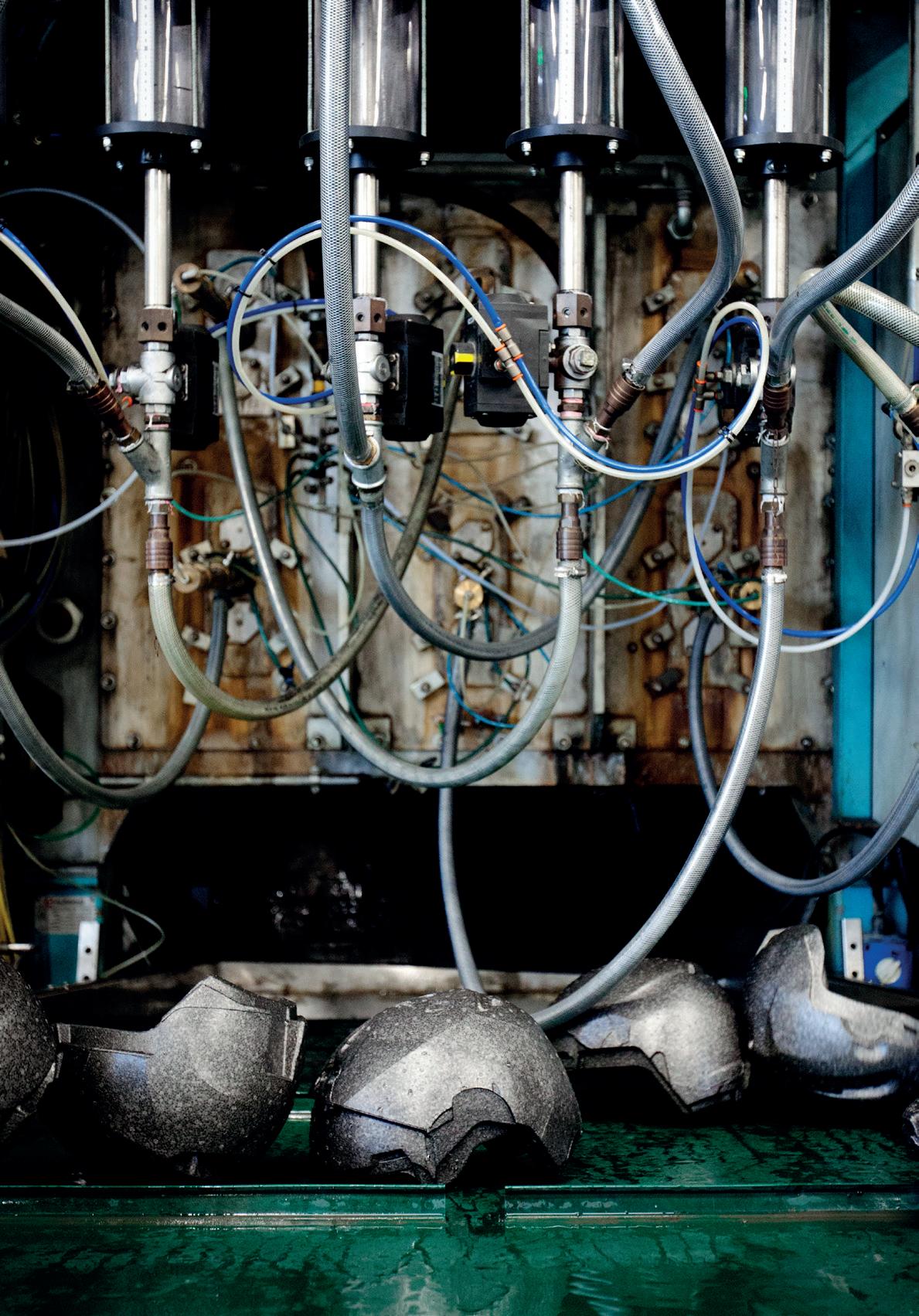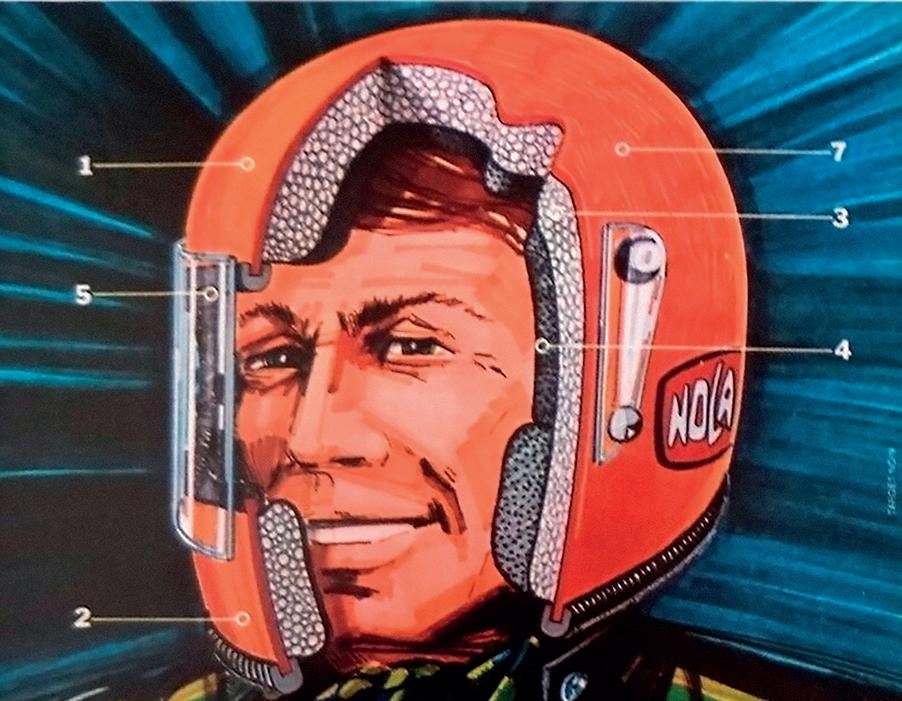
1 minute read
MILESTONES
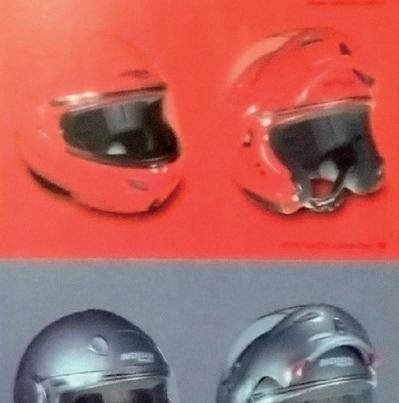
1972
The first Nolan helmet (jet type) is manufactured and distributed: N01, injection moulded in LEXAN™* polycarbonate by General Electric.
The same year, the N04 model was also born, the first full face helmet in Europe moulded in thermoplastic material.
1979
The new Nolan logotype is introduced, which is more modern and sportive than the original logo.
This was the birth of the Nolan N31, the first helmet in the world with spring visor mechanism.
1987
N35 is launched, the first helmet in the world featuring Microlock retention system with micrometric adjustment.
1988
This was the birth of the Nolan N100, the first flip up helmet in the world featuring chin guard rotation system with elliptical trajectory.
Also the first X-lite helmet is launched, and with it the new division for the development and production of composite-fibre helmets.
2005
The N-Com division is born, developing specific communication systems for Nolangroup helmets, fully integrated, in compliance with current regulations.
2009
The Nolan N43 AIR is launched, the first helmet in the world to be fitted with a removable protective chin guard which changes from jet to full face and vice versa. It is P/J approved.
2019
X-903 by X-lite is the first helmet in the world to be fitted with the LPC (Liner Positioning Control) fit adjustment and with an innovative rapid visor assembly system using magnets (the MVA – Magnetic Visor Assembly).
Evolution of Nolan logo-design:
1972
1977
1979
Watch the short film for a glimpse in Nolanʼs past!
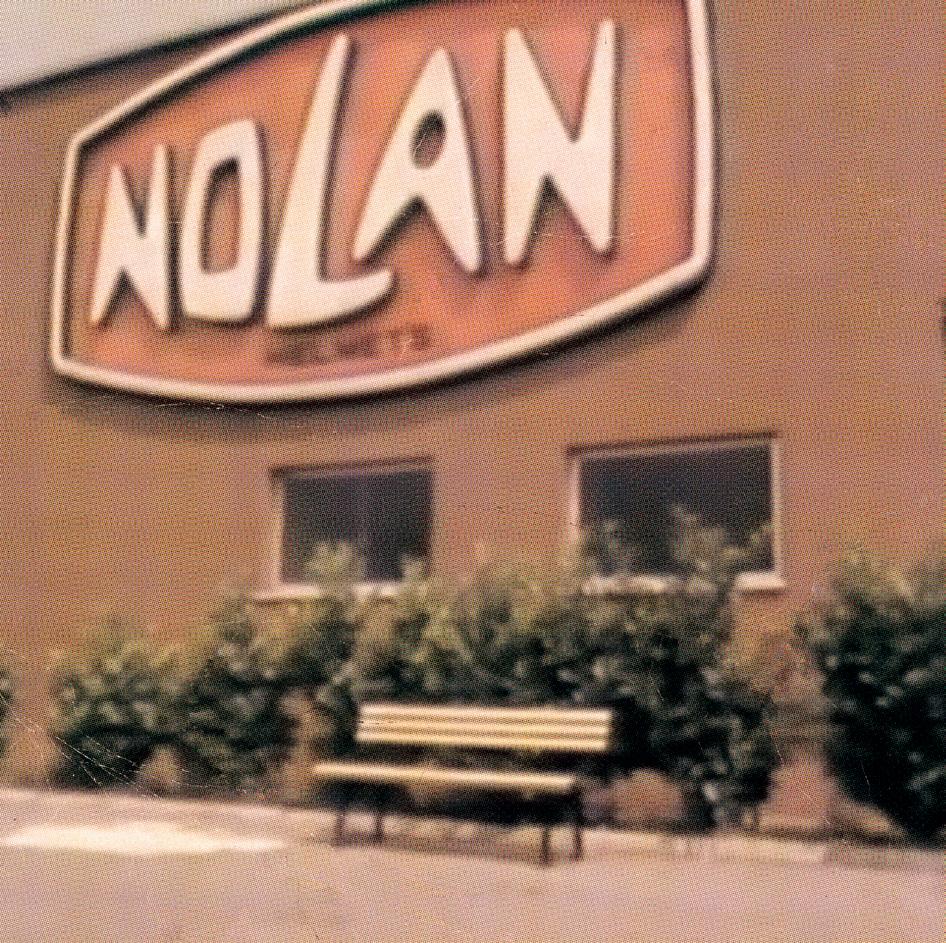
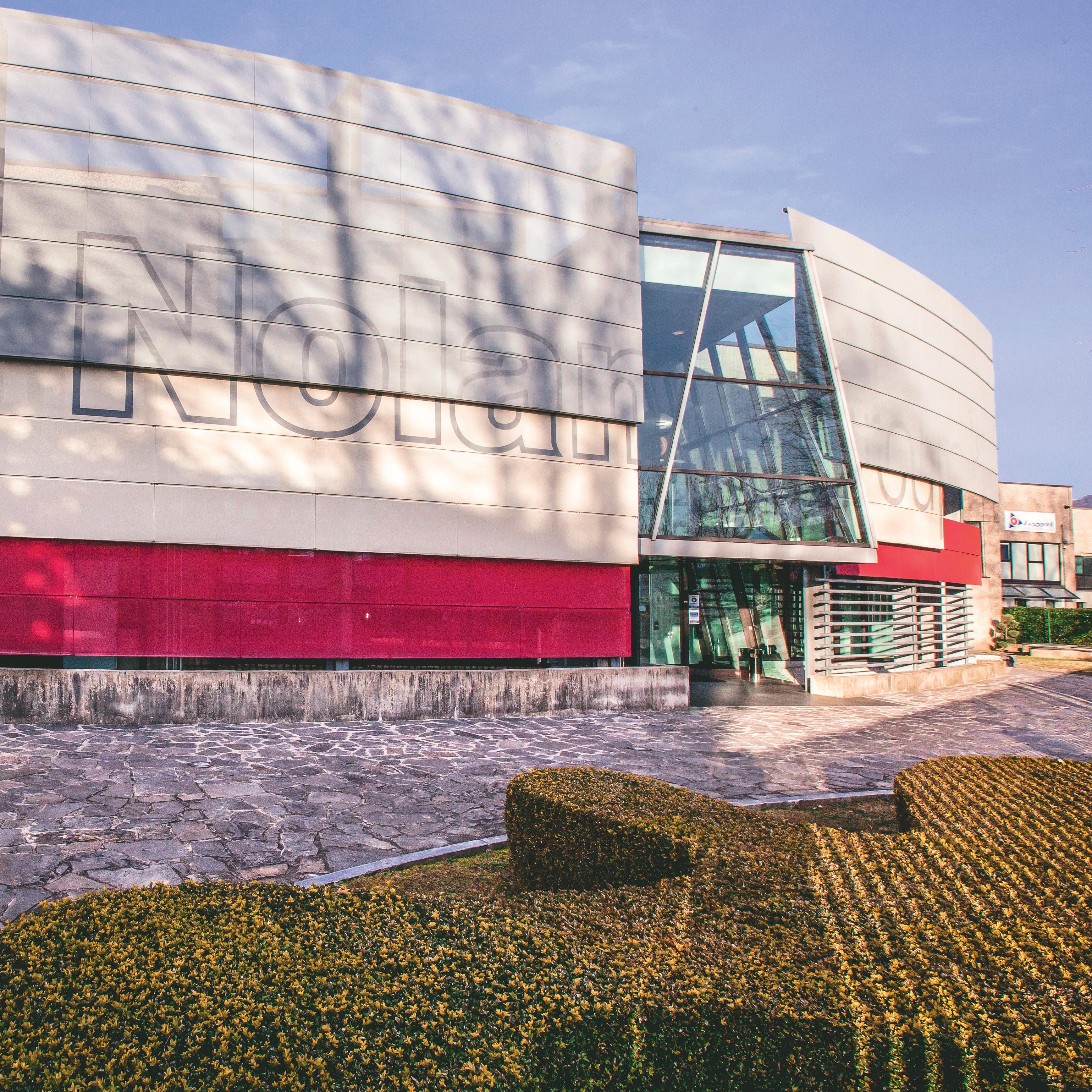
/ All of the stages of the production cycle are managed from within the company: from the receiving of the raw materials to the final assembly of the product. This ensures the constant evolution of production technology and the maintaining of the highest standards in quality. Below, the main stages: the moulding and finishing of the outer shell, the moulding of the inner components in polystyrene, the moulding of the visor/VPS sunscreen and scratch resistant/fog resistant treatment, the cut and siliconizing of the fog resistant inner visor, the moulding of various complementary plastic components (air intakes, visor mechanisms …), the painting of the outer shell and application of graphics, the cutting and preparation of the inner comfort padding, the final assembly of the product.
